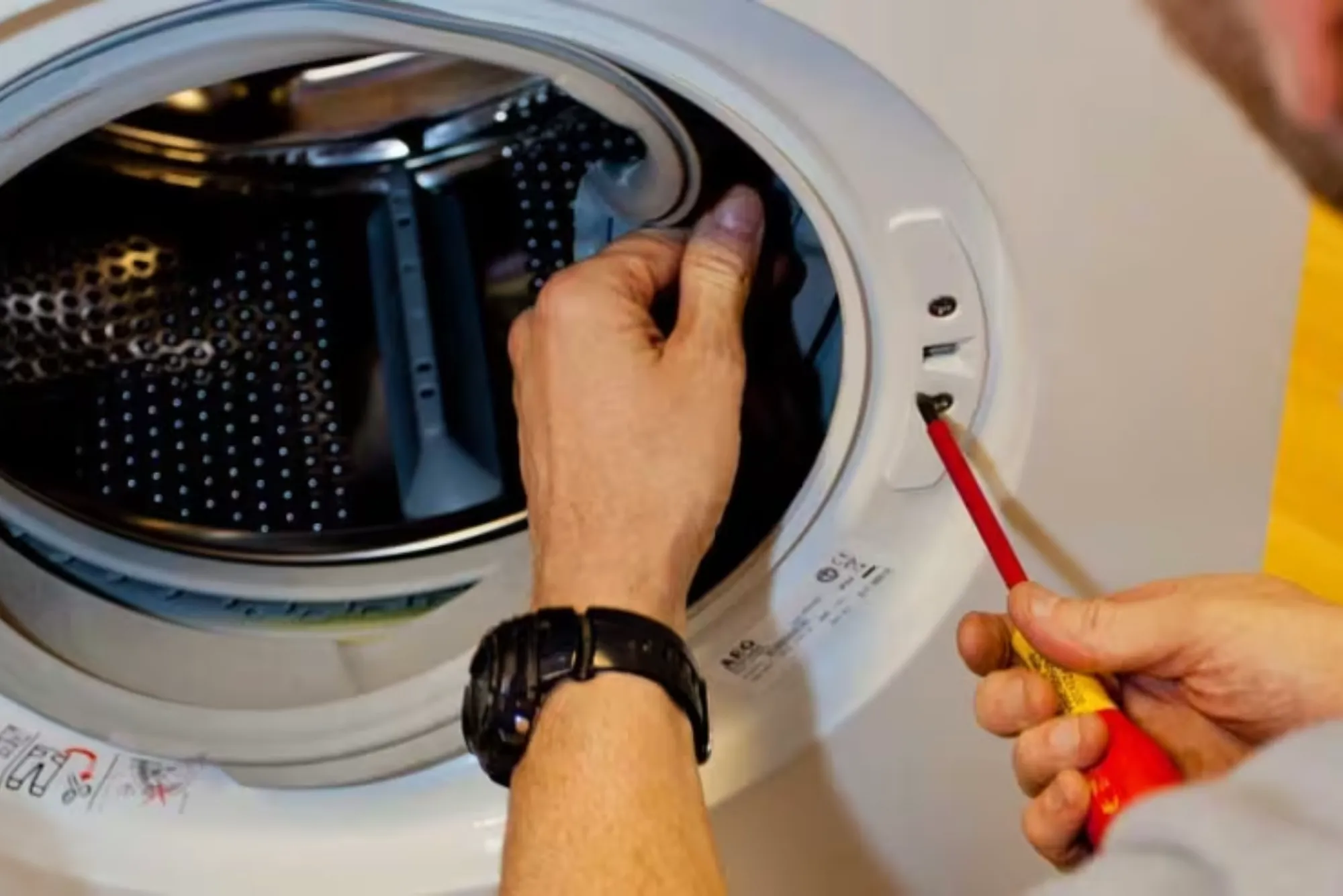When you’re sourcing components for your product, choosing the right plastic molded parts manufacturer can make or break your project. Plastic parts are used across industries—automotive, medical, consumer goods, and electronics—so ensuring consistent quality is critical. If the supplier fails to meet standards, it doesn’t just cause defects; it can affect performance, safety, and even compliance with regulatory requirements.
I’ve worked with several plastic parts companies over the years, and one lesson stands out: you cannot rely solely on glossy brochures or a supplier’s website claims. The verification process has to be hands-on, structured, and backed by technical evidence. In this article, I’ll walk you through proven ways to verify whether a manufacturer can deliver the level of quality you need.
Why Quality Verification Matters in Plastic Molded Parts
Plastic components are often integral to larger assemblies, and even minor defects can cascade into significant issues. For example, a poorly molded clip in an automotive dashboard might seem trivial, but if it fails under vibration, it can cause rattles, damage, or safety hazards. A plastic molded parts manufacturer that doesn’t control quality at every step can put your entire supply chain at risk.
In competitive industries, brand reputation depends on durability and consistency. This is why procurement teams and engineers should view quality verification as an investment rather than an optional task. A reliable plastic parts company will welcome quality audits because they know it strengthens customer trust.
Start with Certifications and Standards
The first step in verifying a supplier’s quality is to check whether they follow recognized industry standards. Certifications such as ISO 9001 (Quality Management Systems) or IATF 16949 (Automotive Quality Management) are not just paperwork. They demonstrate that the manufacturer has established processes for traceability, defect prevention, and corrective actions.
When evaluating a plastic molded parts manufacturer, don’t just ask whether they are certified—request to see the certificates and check their validity. Some companies highlight certifications on their website, but you want to ensure they are current and audited by reputable organizations.
For industries like medical devices, compliance with ISO 13485 and FDA regulations is often mandatory. A trustworthy plastic parts company will already be familiar with these requirements and have documentation ready to share.
Assess Material Selection and Handling
High-quality molded parts start with the right raw materials. One red flag I’ve seen is when a supplier cannot clearly explain where their materials come from or provide certificates of analysis. A good plastic molded parts manufacturer will not only identify resin suppliers but also demonstrate proper storage and handling methods to prevent contamination or degradation.
If your application requires flame-retardant, UV-resistant, or food-grade plastics, you need evidence that the manufacturer can consistently source and process those materials. A plastic parts company with strong material management practices reduces the risk of costly failures down the road.
Review Tooling and Mold Maintenance Practices
Molds are the heart of plastic injection molding. Even the best raw material will produce defective parts if the tooling is poorly designed or inadequately maintained. One of the best ways to verify quality is to ask how often the manufacturer inspects, cleans, and refurbishes their molds.
When I visited a supplier in Shenzhen a few years ago, I was impressed by their detailed tooling maintenance logbooks. Every mold had a history of usage cycles, preventive maintenance actions, and repair notes. This level of transparency showed that they valued long-term consistency. If a plastic molded parts manufacturer is reluctant to share such details, it may be a sign they are cutting corners.
Examine Process Control and Testing
Injection molding involves numerous parameters: temperature, pressure, cooling time, and more. A capable plastic parts company will have clear documentation on how they control and monitor these variables. Statistical Process Control (SPC) charts, first-article inspections, and real-time quality checks are good indicators that a manufacturer is serious about precision.
Ask to see samples of their inspection reports. Do they measure critical dimensions using calibrated tools like CMMs (Coordinate Measuring Machines)? Do they conduct tensile strength tests, impact resistance tests, or environmental aging tests when required? The willingness to share testing data is a hallmark of a high-quality plastic molded parts manufacturer.
Audit Their Quality Management System
Beyond individual parts, you need to know how the company manages quality at an organizational level. A well-run plastic parts company should have clear workflows for handling non-conformances, corrective actions, and customer complaints.
During one of my supplier audits, I specifically asked how they documented and resolved quality issues. The most reliable manufacturer didn’t just provide generic answers—they showed me case studies of real problems they had faced, what root-cause analysis they conducted, and how they prevented recurrence. That level of openness is exactly what you should look for.
Conduct a Site Visit or Virtual Audit
There’s only so much you can learn from email exchanges and PDFs. If possible, visit the manufacturer’s facility. A walk through their production floor tells you a lot: is the workspace clean and organized? Are operators trained and following standard procedures? Are finished goods properly labeled and traceable?
If travel isn’t feasible, many plastic molded parts manufacturers now offer virtual audits via video calls. While it’s not as thorough as being there in person, it still allows you to observe key practices and ask live questions.
Request Pilot Runs and Sample Parts
Before committing to large-scale orders, request a pilot production run. A competent plastic parts company will see this as a natural step in the partnership. By testing real parts under actual application conditions, you can verify not just dimensional accuracy but also performance under stress, temperature, and environmental exposure.
In one case, I discovered that a supplier’s parts performed well in ambient conditions but warped under high heat. Identifying this early saved months of headaches and redesign costs. A high-quality plastic molded parts manufacturer will even suggest testing protocols themselves, showing their proactive commitment to reliability.
Evaluate Communication and Responsiveness
Quality isn’t just about machines and processes—it’s also about people. A plastic parts company that communicates clearly, provides timely updates, and is transparent about challenges is far more likely to deliver consistent quality.
Pay attention to how quickly they respond to inquiries, how thoroughly they answer technical questions, and whether they proactively highlight potential risks. A supplier that hides issues or delays communication can be a liability, no matter how modern their equipment is.
Building Long-Term Trust
Once you’ve verified a supplier’s quality, the relationship doesn’t end there. Ongoing audits, periodic sample testing, and collaborative development projects all help sustain quality over time. Many successful companies don’t just treat their plastic molded parts manufacturer as a vendor but as a strategic partner.
When you work closely with a plastic parts company, you gain more than components—you gain insight into materials, process improvements, and innovative design ideas. The best manufacturers thrive on this kind of collaboration, and the result is not just consistent quality but also faster product development and competitive advantage.
Final Thoughts
Verifying a plastic molded parts manufacturer’s quality takes effort, but it’s essential for reducing risks and ensuring long-term success. By reviewing certifications, inspecting material handling, evaluating tooling practices, and testing real parts, you gain confidence in their capabilities. Just as importantly, you build a foundation of trust and collaboration that benefits both sides.
A reliable plastic parts company will never shy away from transparency or quality audits. In fact, they’ll see it as proof of their professionalism. The upfront diligence may feel time-consuming, but in the end, it pays off in stronger products, fewer recalls, and happier customers.



